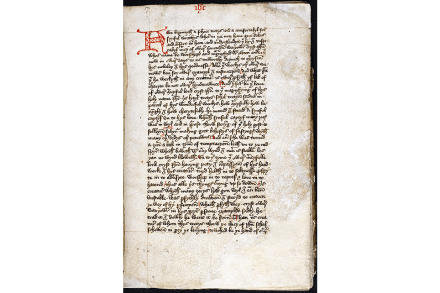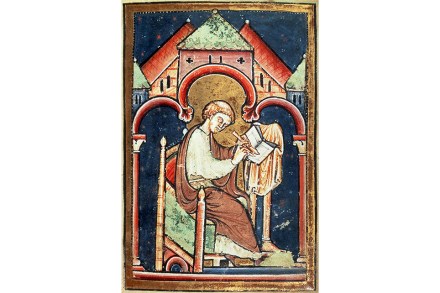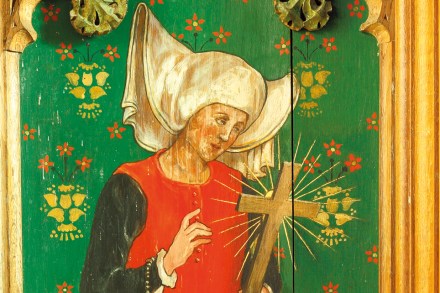Why must medieval mysticism be treated as a malady?
Medieval women – they were ‘just like us’. Except that they weren’t. Poet, Mystic, Widow, Wife is the first popular book by the academic and New Generation thinker Hetta Howes. It is a history of medieval women in relation to four celebrated figures – Marie de France (poet), Julian of Norwich (mystic), Christine de Pizan (widow) and Margery Kempe (wife) – whose lives have been retold recently in excellent studies by Anthony Bale, Marion Turner and Janina Ramirez. Howes’s book is highly readable and informative, placing the works of this quartet within a broad range of cultural documents – treatises, guidebooks, wills, court records and folklore. There are some great




